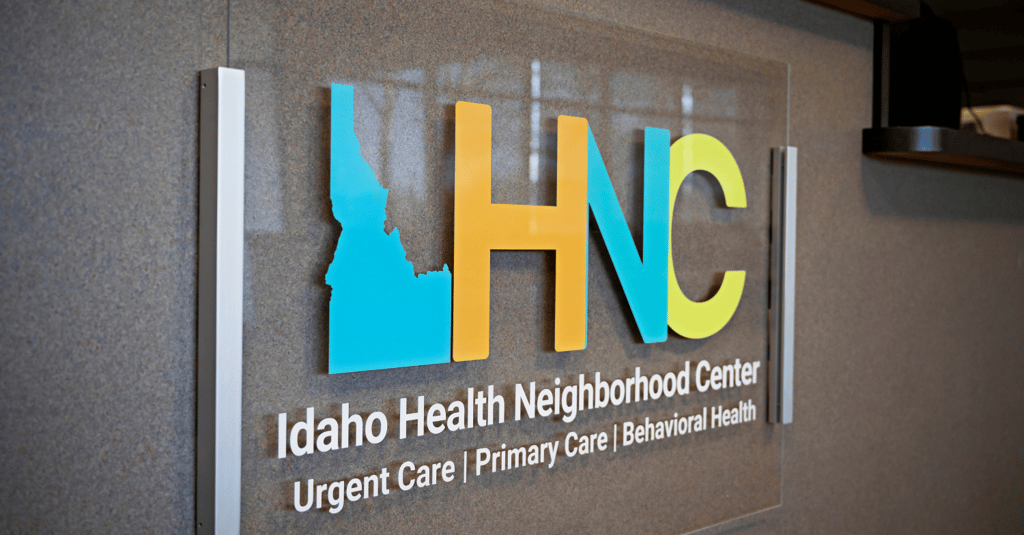ER vs. Urgent Care? Making the Right Choice for Your Healthcare Needs
Chances are if you’re asking this question, it feels like an emergency regardless of the seriousness of your injury. But oftentimes ER visits can be avoided and urgent care can be a better choice for both you and your wallet.
11/2/20232 min read


Chances are if you’re asking this question, it feels like an emergency regardless of the seriousness of your injury. But oftentimes ER visits can be avoided and urgent care can be a better choice for both you and your wallet. We’ve outlined a few key differences between these two healthcare options. As always, if you have any questions, we’re always a phone call away!
When to Visit the ER
Life-Threatening Conditions: If you or someone you know is experiencing a life-threatening condition, head to the ER immediately. This includes symptoms such as severe chest pain, difficulty breathing, sudden weakness or numbness on one side of the body, loss of consciousness, or severe injuries like fractures and head trauma.
Severe Abdominal Pain: Intense, persistent abdominal pain can signal a wide range of potentially severe conditions, such as appendicitis, pancreatitis, or a ruptured organ, making it a clear ER case.
Serious Head Injuries: Head injuries with loss of consciousness, confusion, or vomiting should be treated at the ER. It's crucial to rule out the possibility of a traumatic brain injury.
Major Trauma or Accidents: If you've been involved in a severe accident, like a car crash, or experienced a major injury, the ER is equipped to handle complex trauma cases, including X-rays and surgeries.
Chest Pain: Any chest pain should be taken seriously, as it can indicate heart-related issues or other potentially life-threatening conditions. It's better to be safe and seek ER care.
Difficulty Breathing: If you're struggling to breathe, don't wait. This could be due to various causes, including asthma, allergies, or even a severe respiratory infection.
When to Visit Urgent Care
Minor Injuries: For non-life-threatening injuries like sprains, minor fractures, or small cuts that require stitches, Idaho Health Neighborhood Center is a cost-effective and timely option.
Common Illnesses: We can treat conditions like the flu, colds, sinus infections, or minor infections. We also provide services for allergies and skin rashes.
Minor Burns: First and second-degree burns that are not extensive or deep. We’re happy to provide dressing changes and wound care.
Infections: If you suspect an infection, such as a urinary tract infection (UTI) or an ear infection, IHNC offers diagnostic and treatment services.
Sprains and Strains: Mild to moderate sprains and strains can be treated at IHNC. They can provide pain relief and guidance for recovery.
Routine Check-Ups: We offer physical exams for work, school, or sports.
Knowing when to visit the ER versus Idaho Health Neighborhood Center can save you time, money, and provide you with the appropriate level of care for what you need. In emergencies, don't hesitate to call 911 or head to the ER, where they are equipped to handle critical situations. For less severe conditions or minor injuries, IHNC offers convenient and affordable care with short wait times.

Site Links


Training Institute
Contact Us
824 S Diamond Street, Nampa, ID 83686-5960
(208) 936-7002
